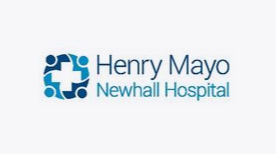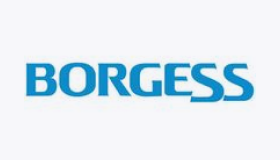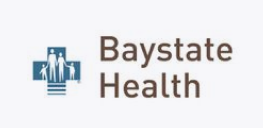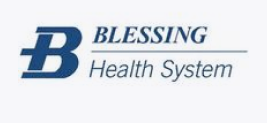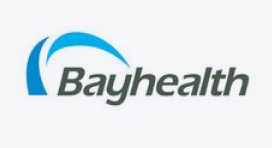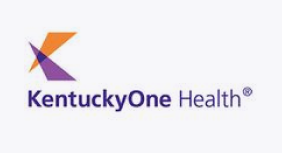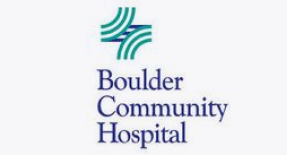April 30, 2022
Hospital Specialty Pharmacy Interest Continues to Grow
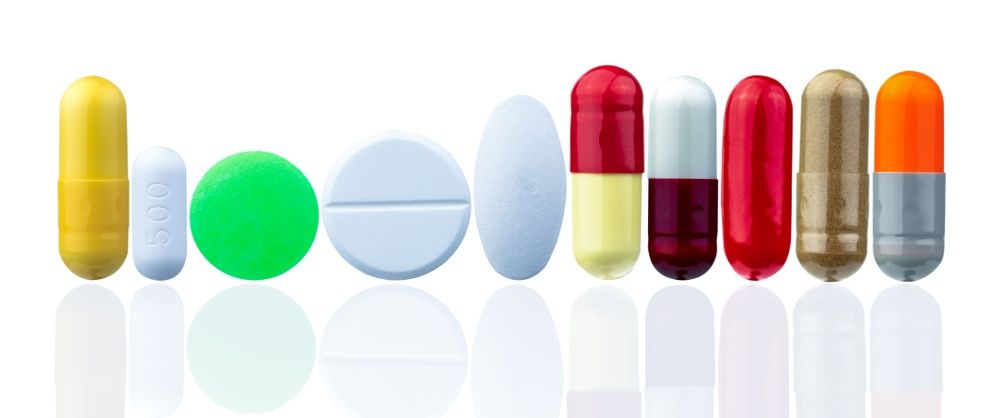
Specialty Pharmacies are becoming of much greater interest to hospital systems. In 2016, about 1 in 11 hospitals had a specialty pharmacy. However, by the end of 2019, almost half of the country’s largest hospitals (600+ beds), especially those with an academic affiliation, have a specialty pharmacy business.
The reasons behind a health system growing into specialty pharmacy make a great deal of sense when you consider the current healthcare and pharmacy environment.
Firstly, and most importantly to the C-Suite is that they can be up and running in a pretty aggressive time frame and quickly realize profitability. One hospital in Oklahoma was able to achieve $400,000 in monthly specialty pharmacy profits within its third month of opening.
Secondly, you have improved physician efficiency and better-coordinated care when a pharmacist becomes involved with managing specialty pharmacy patients. Right now, physicians and their staff are finding that much of their time is spent trying to coordinate and manage specialty pharmacy patients. In the case of hospitals who manage these patients through their specialty pharmacy, the pharmacist can ensure that all labs are up to date and answer patients’ questions, without burdening the physician office.
Importantly, this also flows through to a hospital’s ability to provide more integrated and comprehensive care for patients, due to the pharmacist having access to a patient’s complete medical record. The pharmacist can identify if a patient’s recent labs or other data are showing success or failure on the medication and speak with their physician about altering their regimen.
Finally, health systems (like all employers) are seeing steep increases in their pharmacy benefit costs, primarily because of specialty drug spend. Many hospitals find that just having their employees and dependents fill their medications at an in-house pharmacy can save up to 20% per year. So, when you consider that an average specialty medication is probably in the range of $3,000 or more per month, this equates to $600 per month (or $7,200 per year) in employee benefit savings!
If you would like to learn more about how your hospital can approach specialty pharmacy and some of the key factors that can drive success, then please setup a free consultation with us.



